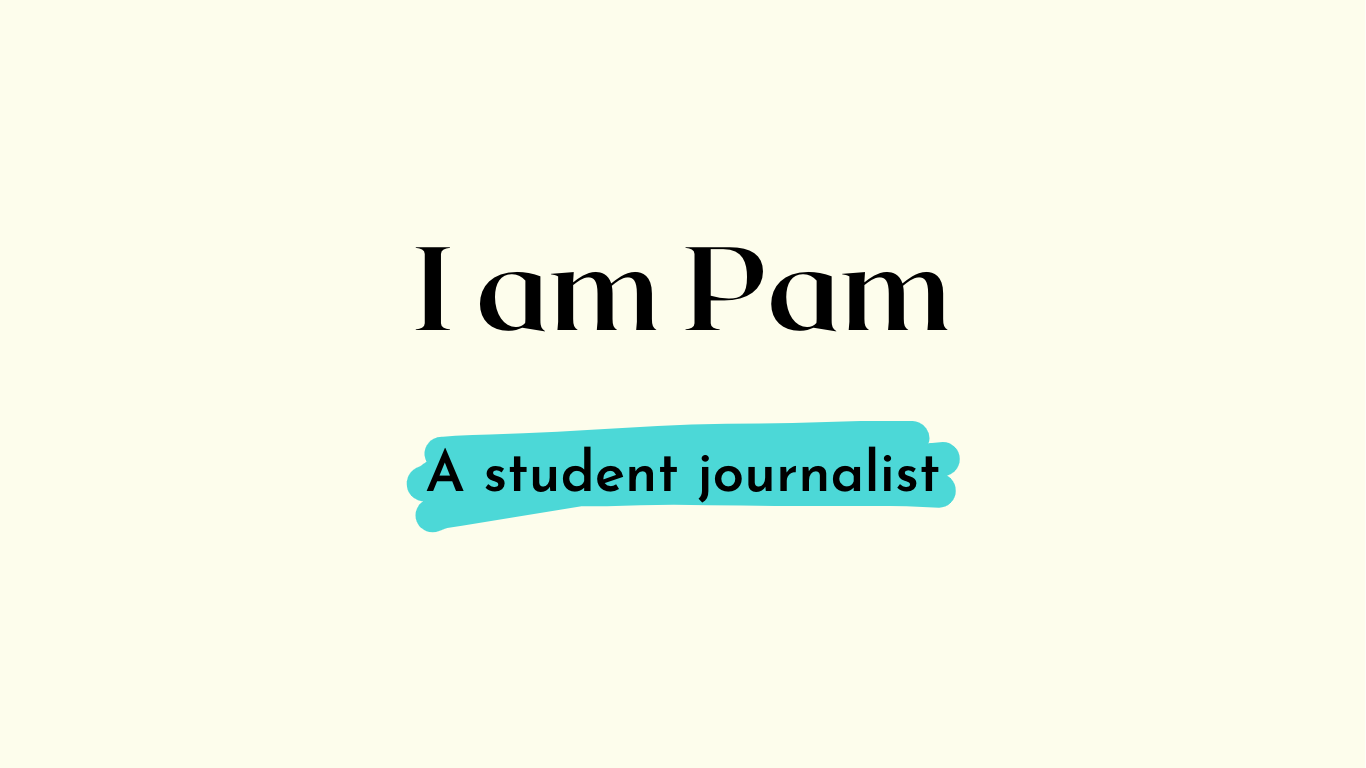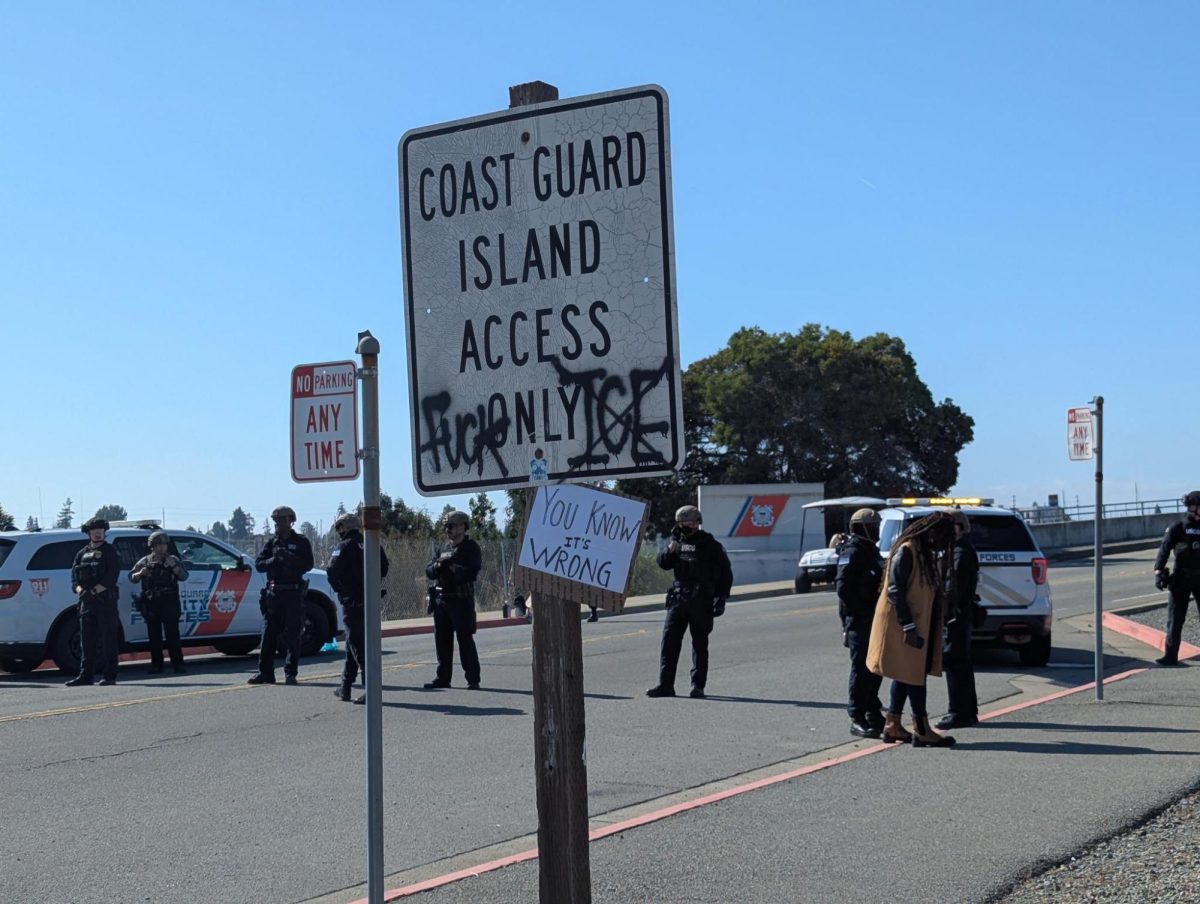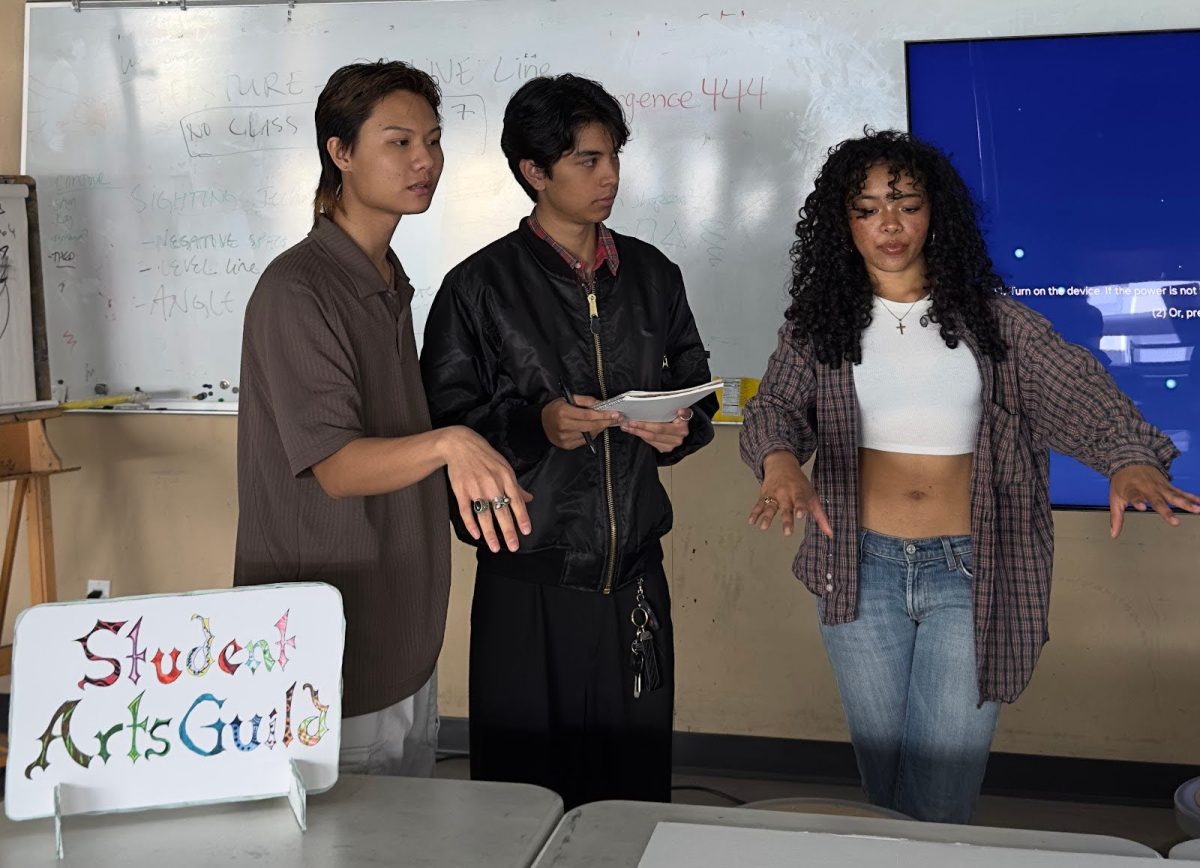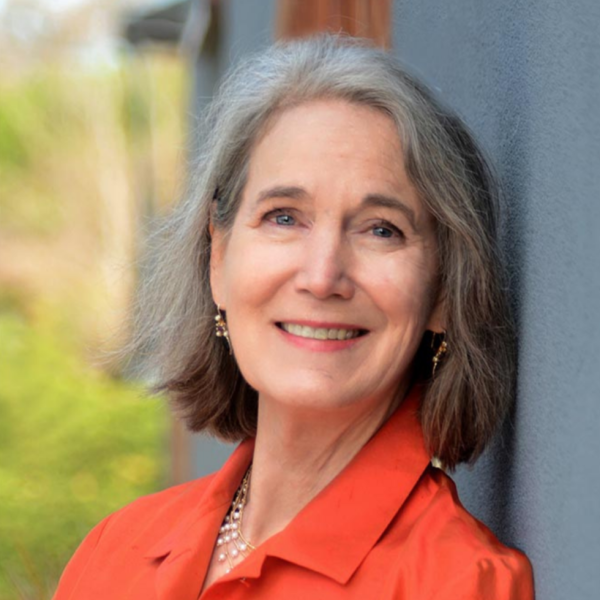
This piece is part of a series that members of the Citizen staff wrote to share our stories and in response to comments that Trustee Linda Handy recently made about our newsroom.
~~~
The first time I was in college, the library was filled with rows of card catalogues, isles of books and marble floors worn uneven by students as far back as 1876. The sun cast shadows through tall windows onto the oak library tables. I was surrounded by beauty and scholarship.
We had record players, manual typewriters and slide rules. Abortion was illegal and the possession of marijuana was a felony. We were in the middle of the Vietnam war and those conscripted were chosen by lottery. Free speech was at risk. The Black Panthers challenged police brutality. Caesar Chavez fought for worker’s rights and Gloria Steinem fought for the rights of women. We thought we were going to change the world. We made some progress. God willing this group of Laney students will make more.
Walking onto the Laney campus that first day was a bit like walking onto a prison. Whatever trees were there looked dead, the leaves all the same color. There was no lawn and no flowers. Everything was cement and hard edges. There was no art, the cafeteria was gray and the doors to the bathroom stalls were broken. I felt curious, nervous and somewhat sad. I knew this was a city campus, but California is home to Apple and Google and tons of money. This isn’t how it is supposed to be.
In my mind, every campus should have wide expanses of lawn and an abundance of trees to provide shade and to signal the change of seasons. There is nothing more conducive to learning than reading a book on the lawn, highlighter in hand surrounded by students all willing to flirt and engage in conversation. I was privileged then and I feel privileged now to attend Laney.
The first day of my return to school as an “adult learner,” the AC equipment didn’t work. There were no blinds on the windows to block the afternoon sun. It was blazing hot, and I was surrounded by “kids” with tattoos and piercings. They were scrolling through phones and speaking in a language I could not understand. Their “accents” were new to my ear and they used words in a context I had never heard before. I was an “old” white lady and the proverbial “fish out of water.” It was as if I was 18 again and filled with the fear of not fitting in.
Eleni Gastis would have looked like any one of the other students except she stood at the front of the class and claimed her position as professor. I was stunned by how open she was and how quickly she connected to the students. She talked about journalism, class expectations, and about trauma, acknowledging that some news we would discuss could be triggering. She encouraged everyone to ask for help, and with little functioning equipment, no AC or shade tree, she created a safe space for each of us.
The next semester I took her news writing class. The equipment worked, we had computers, big tables, a whiteboard and snacks. It was clear Ms. G had worked overtime to find the resources for this equipment and to set it up.
As I looked around the newsroom I saw the most diverse group of people I had ever had the privilege of spending time with. We were Black, white, Middle Eastern, gay, straight, transgender. Some just graduated high school, some were returning students. There were international students, single parents, Christians and Muslims. Some of us were good writers, some just average, and some should have fired their English teachers for not doing their job. Some had survived trauma, some were unsheltered, some had attended universities, some came from money and healthy families, some not. What we had in common was an interest in journalism and in truth.
Despite our diversity, we have, as one student expressed, become a “family.” We have difficult conversations about race and assault, and policies that affect the homeless. We have learned what it means to work in a newsroom during a pandemic. We have learned how the hierarchy of a community college system works, or doesn’t. And even though many of us won’t go on to become journalists, we have learned that to foster a healthy “family,” democracy or well-functioning community college system, there must be truth, trust and transparency.
There are other places for an older student to learn, but none are as diverse and rich as Laney. Here the opportunity to learn from other students is as great as it is to learn from the professor.
Perhaps some believe “adults” don’t belong on campus with younger “kids” because we may perform better or take up space for a younger student. But Laney has plenty of empty chairs, and an ailing budget. It needs trees, functioning bathrooms and some art. It should feel like a welcoming place to learn, not a cell blocks.
Adult learners often have expendable income. We may have more time and well-developed skills. We have ties to our communities and could mentor, volunteer or bring in community support. Most of us would do anything to help those “kids” succeed.

























